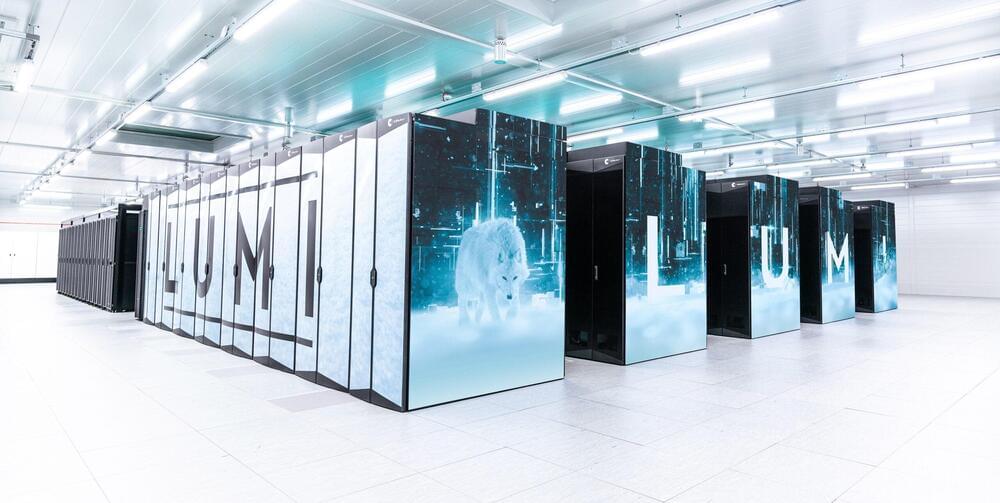In the cons column, quantum computers are hard to use, require a very controlled set up to operate, and have to contend with “decoherence” or losing their quantum state which gives weird results. They’re also rare, expensive, and for most tasks, way less efficient than a traditional computer.
Still, a lot of these issues can be offset by combining a quantum computer with a traditional computer, just as VTT has done. Researchers can create a hybrid algorithm that has LUMI, the traditional supercomputer, handle the parts it does best while handing off anything that could benefit from quantum computing to HELMI. LUMI can then integrate the results of HELMI’s quantum calculations, perform any additional calculations necessary or even send more calculations to HELMI, and return the complete results to the researchers.
Finland is now one of few nations in the world with a quantum computer and a supercomputer, and LUMI is the most powerful quantum-enabled supercomputer. While quantum computers are still a way from being broadly commercially viable, these kinds of integrated research programs are likely to accelerate progress. VTT is currently developing a 20-qubit quantum computer with a 50-qubit upgrade planned for 2024.
